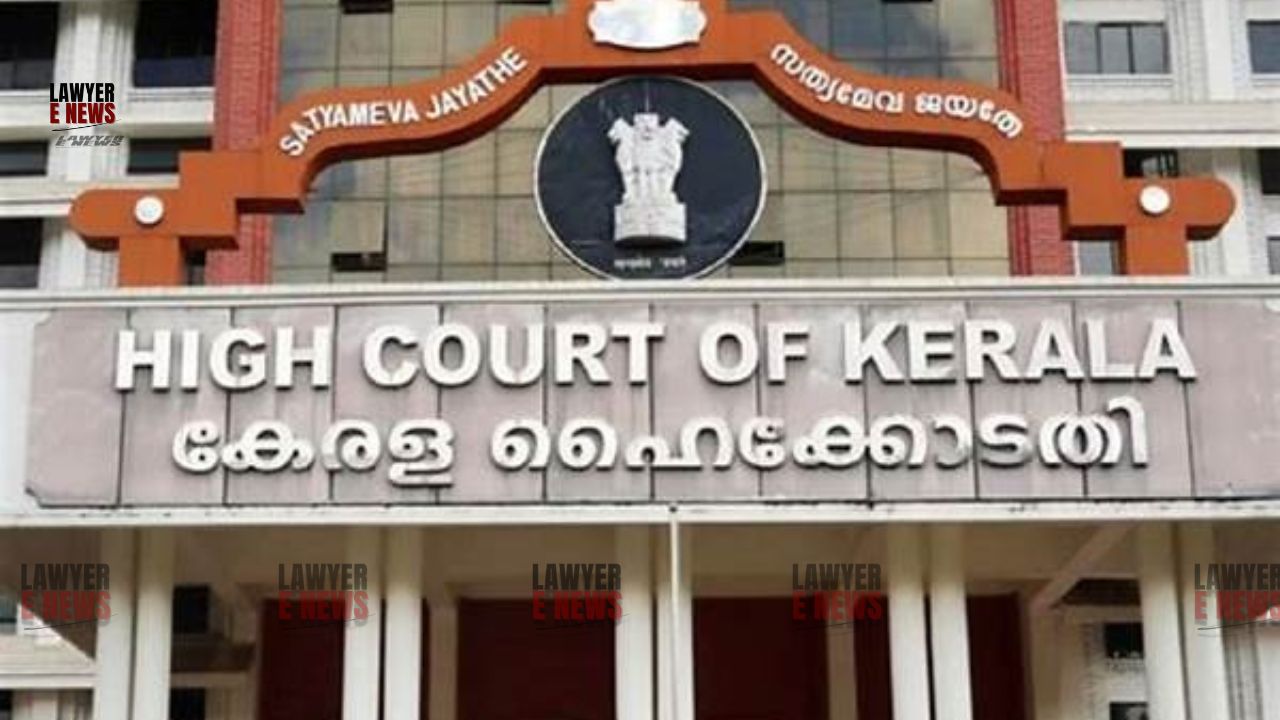-
by Admin
15 February 2026 5:35 AM



The Kerala High Court has quashed the criminal proceedings against the appellants, Jayan, Krishnankutty, Santhosh, and Mohanan, who were accused of criminal trespass and property damage. The judgment delivered by Justice P.V. Kunhikrishnan on July 8, 2024, emphasized the mandatory requirement for a public servant’s complaint under Section 195 of the Code of Criminal Procedure (Cr.P.C.) for offences under Section 188 of the Indian Penal Code (IPC). The court found no evidence of the petitioners violating an injunction order, leading to the quashing of charges under Sections 447 and 427 IPC as well.
The case originated from an incident on September 16, 2012, when the petitioners allegedly trespassed into the property of the second respondent, Pankajakshan, and demolished a boundary wall, causing damages worth Rs. 15,000. The prosecution charged the petitioners under Sections 188 (disobedience to order duly promulgated by public servant), 447 (criminal trespass), and 427 (mischief causing damage) read with Section 34 IPC. The prosecution claimed that the petitioners violated an injunction order that prohibited them from entering the property and demolishing the boundary.
Justice P.V. Kunhikrishnan underscored the procedural requirement for taking cognizance of offences under Section 188 IPC. He stated, “Under Section 195 Cr.P.C., no court shall take cognizance of an offence punishable under Section 188 IPC except on the complaint in writing of the public servant concerned.” The absence of such a complaint rendered the Magistrate’s cognizance of the case illegal.
The court scrutinized the prosecution’s evidence and found that the alleged injunction order was not produced. Justice Kunhikrishnan noted, “The prosecution failed to produce evidence of the injunction, rendering charges under Sections 447 and 427 IPC untenable.” Without proof of the injunction, the prosecution could not establish the petitioners’ alleged criminal trespass and mischief.
Justice Kunhikrishnan’s ruling hinged on the proper application of procedural law and the evaluation of evidence. He highlighted the necessity of adhering to Section 195 Cr.P.C. when prosecuting offences under Section 188 IPC and reiterated the importance of concrete evidence in sustaining charges of criminal trespass and mischief.
Justice Kunhikrishnan remarked, “Taking cognizance by the learned Magistrate under Section 188 IPC is illegal and it is to be quashed,” emphasizing the procedural flaw in the prosecution’s approach. He further noted, “The offence under Sections 447 and 427 IPC is not attracted due to the lack of evidence proving the injunction order violation.”
The Kerala High Court’s decision to quash the criminal proceedings against the appellants in CC No. 114/2013 sends a clear message about the adherence to procedural requirements and the necessity of robust evidence in criminal cases. This judgment not only highlights the critical role of a public servant’s complaint under Section 195 Cr.P.C. for Section 188 IPC offences but also underscores the importance of producing substantial evidence to support charges of criminal trespass and mischief.
Date of Decision: July 8, 2024
